Jabeen graduated from the FTII in 1995, majoring in Film Editing.
As a child what were your early influences towards cinema? Art, literature, graphics, photography?
I have a very clear memory of the first movie I ever saw in a theatre, The Poseidon Adventure. I was about three years old. I knew that it was about a sinking ship because my aunt had told me the story in advance; but I was barely able to decipher the images on the screen and the American accents sounded like complete gibberish. I literally didn’t understand a single thing while watching. Still, the experience seems to have gotten imprinted into my mind forever. Talk about the power of cinema.
Mostly, like all children growing up in the 70s and 80s, I watched the Sunday evening Hindi movie on Doordarshan. Occasional trips to the theatre were made for films that my parents thought were age appropriate. Adventure and wildlife type Hollywood films. Amar Akbar Anthony, but not Sholay when it released. Later on, there was this series of teen romances launching various movie star sons. I didn’t care for Kumar Gaurav or Sanjay Dutt (Love Story and Rocky), prefering Sunny Deol and Jackie Shroff (Betaab and Hero). Alongside, there were the ‘parallel cinema’ classics of the 80s – when I recall those films now, I realise that Shyam Benegal was the giant figure there, although at the time I wasn’t interested in knowing about any filmmaker. Movies were fun, but just a regular part of life that I didn’t think much about.
The other arts, not so much, but literature has been the biggest influence for me while growing up. I’ve always been an obsessive reader – school library period, comics stolen from my older brother, pulp novels from my father, tattered books bought cheap from the corner raddiwala and that wonderful, now forever lost place, the neighbourhood ‘circulating library’. I wasn’t a topper otherwise but I usually got the highest marks in the class for the English exam. My 10th standard teacher was convinced I’d be a writer. In college, naturally, I chose to major in Eng Lit and loved every second of it.
I became interested in cinema and filmmaking mainly while studying mass communications after graduating from college. I joined the SCM course at the Sophia Polytechnic, intending to pursue a career in journalism after I finished. It was a very intensive one year, driven by a passionately committed teacher, Jeroo Mulla, whose own first love has always been cinema. In her classroom, we went through a kind of ‘World Cinema 101’ – a 16mm projector was set up every Friday evening and we watched films specially brought in from the National Film Archive. That was my introduction to Eisenstein, D. W. Griffith, Kurosawa, Bergman, Godard, Truffaut, Resnais, Satyajit Ray, Ghatak, Orson Welles, Chaplin (as more than a slapstick comedian), Kubrick, and also the classic documentary films: Flaherty, Basil Wright, Bert Hanstra, Dziga Vertov… we watched a film a week for that one year, each followed by a detailed session of analysis.
I realised by the end of it that my love for literature and writing actually brought me much closer to cinema than to journalism, although that too came easily enough in terms of skill. The best of cinema, for me, is like the best literature; crafting stories and communicating ideas; sharing a view of the world.
How did you first become interested in film editing?
The final month of the SCM course was an internship. I asked to work with a filmmaker, and Jeroo decided that with my rather strong opinions and my total antipathy towards the girls who wanted to do advertising, there was only one place to send me. I was packed off to Anand Patwardhan, master documentary filmmaker. At the time, he was in the process of editing ‘Ram Ke Naam’, a film about the Babri Masjid controversy and L. K. Advani’s Rath Yatra in a Toyota van that stoked communal tension all over India. I got to help in small ways with that film – transcribing interviews and doing other little jobs. But most important for me, I got to sit and watch Anand work at his Steenbeck. I helped to wind and clean cans full of 16mm film prints and just absorbed everything going on. And I knew I fit in, that this editing thing is my thing. By the end of it, I’d decided I would join FTII and learn editing.
What steps did you take to train yourself?
I joined the film editing course at FTII.
Have you assisted anyone? How does it help one?
Yes, of course I have. I think it’s crucial to work as an assistant for a while, even if you’ve spent years in a film school. Formal training is definitely very, very important – I absolutely do not valourise “learning on the job” as a lot of people in our film industry do. However, school is a protected place. Working on a real film where time, money and reputations are at stake, where there are a hundred different people with agendas you can’t ever imagine and nobody gives a damn what you want – one needs to learn how to negotiate all this; and I learnt many invaluable lessons while working as an assistant.
I’d had a few smaller jobs, but the most important was as assistant editor to Bela Segal on Sanjay Bhansali’s debut film, Khamoshi. Given Sanjay’s current reputation as enfant terrible, people may have trouble believing what happened on the very first day of my employment. Bela was in the middle of editing a song that was to be screened for distributors. We were working on a Steenbeck with 35mm film. I arrived in the editing room earlier than the appointed time and she told me over the phone to keep things ready. I was replacing a previous assistant who had taken all the film cuttings (strips of film of various lengths ranging from a few frames to 40-50 feet), put a rubber band over the cut ends, rolled them together and bundled them into one 2000 foot can. With great enthusiasm, I opened the can, pulled out the roll and undid the rubber band. Everything spun out onto the floor and immediately became a humungous tangled mess around my feet. It got worse every time I even moved. Then the door opened and in walked Sanjay. He’d never seen me before in his life, but he took one look at my face and dived right in. Bela arrived a while later to find me standing on a chair holding on to various loose ends of film and Sanjay on his knees on the ground patiently separating one strip from another. I can still hear her yelp. Strangely, instead of getting shouted at or fired on the spot, I got taken under their wing after this. I absolutely loved working with both of them. There was a lovely sense of energy and optimism throughout. In spite of that first day, I was actually pretty good with handling 35mm and took charge of single handedly syncing, physically joining, labelling and keeping track of every frame of film that was shot over many months. Sitting in on the creative discussions, watching Bela and Sanjay structure scenes and mark shots, sometimes even daring to offer opinions and having some of them accepted – it was just fantastic. I even got to be an AD for one schedule in Goa. I learnt and grew so much in those few months.
I see now that lot of young people who apply for an assistant’s job see it as a stepping stone to bigger things, a way to make contacts and network. They don’t seem to think that assisting someone is going to help them learn or understand anything. They just want to use the job and use the senior editor who has hired them, to get ahead. I feel that’s a big problem. Nobody is stupid. If you think you are using someone, that person will respond to you the same way. Instead, if you value the actual job for what it is, all kinds of other good things will naturally follow.
How did your first film project come about? Tell us something about the experience.
When you say “film project”, I assume you’re refering to fiction feature films. The first one was Agni Varsha, a multi-star Bollywood adaptation of Girish Karnad’s play ‘The Fire and the Rain’ directed by Arjun Sajnani. It was offered to me thanks to Anil Mehta, the film’s DoP who had known me since Khamoshi.
This was five years after I left FTII, and in that time I had stopped assisting, held a job in a post production studio for a while, worked on TV shows and done a number of other projects independently already.
A year before Agni Varsha, I’d edited my first feature length documentary film with Surabhi Sharma, ‘Jari Mari: Of Cloth and Other Stories’. Immediately afterwards, I edited another long documentary which also had elements of fiction in its form, Paromita Vohra’s ‘Un-Limited Girls’. These two documentaries, and many others that followed, have taken me farther professionally and enriched me much more than my work with fiction features, although I have always kept in close touch with both streams and enjoy working on both equally.
The responsibility that comes with being in complete charge of editing a film is, obviously, huge. I remember feeling, while working on Agni Varsha, that I had arrived at a point where I felt fully in control of it. There was no hesitation, no lack of awareness, no need to grope. I feel that everyone needs to go through a process and arrive at a point of genuine confidence, based not on some inbuilt sense of self worth but on actual hard experience. Independent work is attractive, but I don’t think much of editors who jump in before they’re really prepared to handle it.
What are your inspirations?
I admire many famous filmmakers, writers and others; but I draw inspiration more from people close to me with whom I’ve had real interactions. My teachers over the years and the senior filmmakers I’ve been privileged to work with.
Is film editing intuitive or is it something you learn?
It’s both. Anything one does in life, one has to have an innate ability for. It’s difficult to be a good editor if you don’t possess a sense of rhythm, if you don’t respond in unspoken ways to images, light, sound, graphics; or if you don’t empathise with other human beings or care about different people’s lives. Editing, however, is also a very technical craft that has to be learnt and improved upon through practice. I also feel that nobody is born perfect. Even if you have an innate ability for something, you can learn to make it a lot better and you should. I still learn something new with every single film I edit.
What part does risk-taking play in your work, if any?
I don’t really see my job as dazzling people with some macho risk taking ability I may possess. I’m not performing in a circus.
I see the editing room as a calm centre, a haven where the director, cinematographer, producer and everyone else running amok making the film can sit down and know that solutions will always be found. They should be able to depend on the editor to not let them down, to share in their vision and to make it work no matter what. The process of editing a film often does involve hard decisions and risky moves, but they must come out of an overall common purpose, not out of a desire to show how cool one is.
Do you think the audience is perceptive about an edit? What kind of feedback do you get from non-film maker audience for your work?
Leave aside the audience, even film professionals are not perceptive about an edit. Nobody can understand that a rough cut is rough, for example. No person in the Hindi industry can respond to an edit if it doesn’t have scratch background music slapped on. Industry awards for editing are almost always random, given mostly as consolation prizes.
The lay audience, I think, doesn’t need to be perceptive about the details of an edit. I belong to the classic school in this respect. I believe film editing is about creating an overall impact that draws the viewer into the narrative, rather than drawing attention to itself alone.
Film technology is continuously changing. Do you think it affects you as an editor, in the way you want to tell stories.
Technology, obviously, is at the heart of filmmaking and when it changes, it affects all aspects, editing included. New cameras lead to new kinds of image making; while digital post production technology allows us not only to manipulate images and create effects, but also to think in new terms and imagine cinema in ways that were impossible before.
So yes, certainly technology affects me as an editor and it changes the way I tell stories. I work very hard to keep up with new technology. At the same time, there’s a difference between operating a machine and editing a film. Being good at one doesn’t at all make you good at the other. I wouldn’t like to put a disproportionate value to technology, nor be intimidated by what I might not know about the latest gadgets or software. As long as I know what I want to do, I can always find out what button to press.
Your favorite films or editors? At least two of them?
Renu Saluja, Thelma Schoonmaker, Srikar Prasad. Among documentary editors currently in India, Sameera Jain.
What role does commerce play in film making?
I don’t have an opinion about this, just some reflections to share. Every film doesn’t have to earn crores of rupees. There is a concrete value to a good film that is quite separate from commerce, and its makers gain a lot even without making a money profit. But unlike many other art forms, it isn’t possible to create good cinema without spending money, without paying your crew, buying supplies, renting equipment and studios. Also, I think that a piece of cinematic art gets validated only when it finds an audience to appreciate it. A film that satisfies only its auteur is meaningless. So then, can cinema really exist without commerce?
What helps a film more: the story or marketing?
If you mean, what helps a film to become a hit, obviously the marketing.
Any hurdles you have encountered in your journey. Things that are blocks in achieving your vision while working on your film.
When editing a film, I’m never trying to achieve my vision alone. Unless my vision is in sync with that of the director, the finished film will be a mess. Very often, I struggle to understand what the director wants or to convince them about how I feel a particular sequence should be interpreted. This is equally true of fiction and documentary. Communication and building trust are usually much more of a challenge than the physical act of editing.
Apart from this, the single biggest hurdle is that most people in the Hindi film industry are not really here to make films. The stars (actors and directors) are here to party and look cool and be famous. Many are here to carry on the family business and do what their dads did. The producers and big corporations, of course, are here to make a profit. Their managers, ‘commissioning editors’ and marketers just do whatever they think it takes to hold down their jobs. In this space, us naïve film buffs talking about cinema and art and passion and good scripts and wanting to make a difference and actually meaning it, are always going to be out of place and struggling to fit in.
Do you often get all that is in your wish list or is it a hard bargain every time?
Let’s put it this way. I’m getting better at the bargaining.
What is in the kitty now?
NH10, a fiction feature directed by my friend Navdeep Singh; and a documentary film set in Arunachal Pradesh. I’m also working on a proposal for a documentary that I want to produce and direct myself.
Any advice to the aspiring editors?
I think I’ve already doled out plenty of advice in answer to some of the earlier questions here!
Any memorable blunders?
Only blunders I’d rather forget about.
Your dream project?
Working with a crew where everyone is a friend, we all agree one hundred percent with one another, we manage to shoot everything we need in the way it needs to be shot, there’s no compromising on the post production, there’s enough money to pay people fairly and to promote/release the film widely, and then the audience loves it and it becomes a hit!
Who would you like to take out for dinner?
Not a celebrity. A friend. Someone whose company makes me feel happy. We’d laugh together and complain about the same things. Someone who likes having dessert afterwards.
What are you listening to right now? And most recent book? And Movie?
I just bought the soundtrack of ‘Inside Llewyn Davis’. Absolutely love it, the film and the music. Also, I was given a CD of ‘Queen’ at the Phantom Films office recently, and although I’m not fond of all the songs, ‘O Gujariya’ has been stuck in my brain for days.
Most recent book was Shanta Gokhale’s novel, ‘Crowfall’.

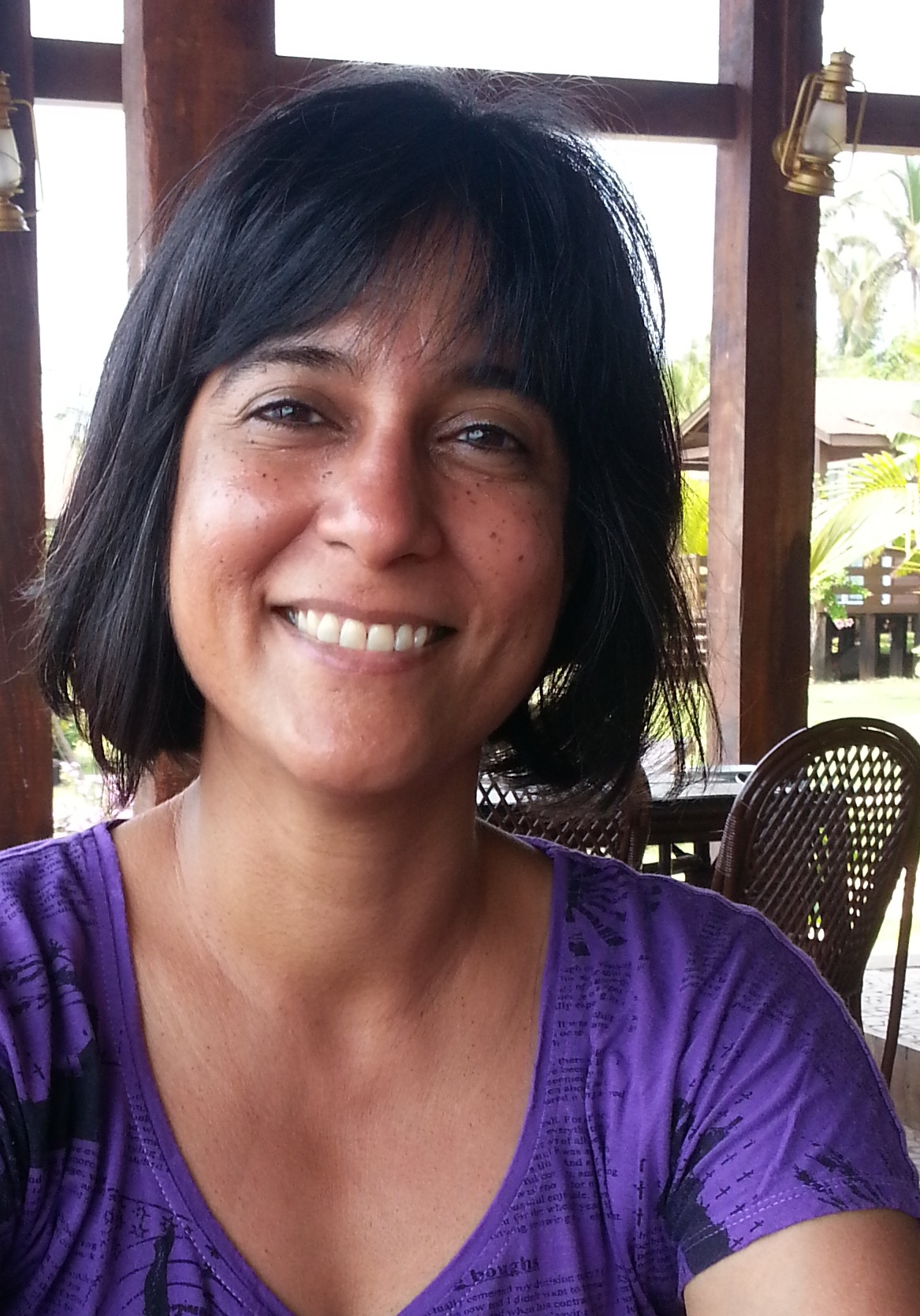
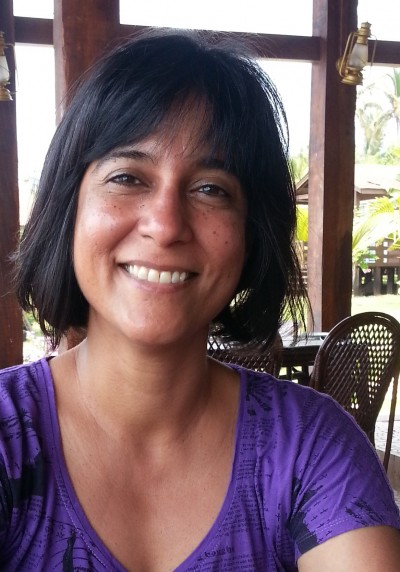
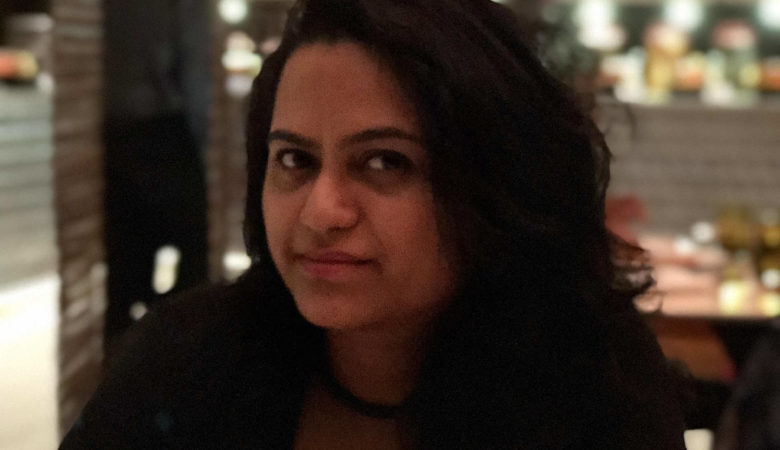
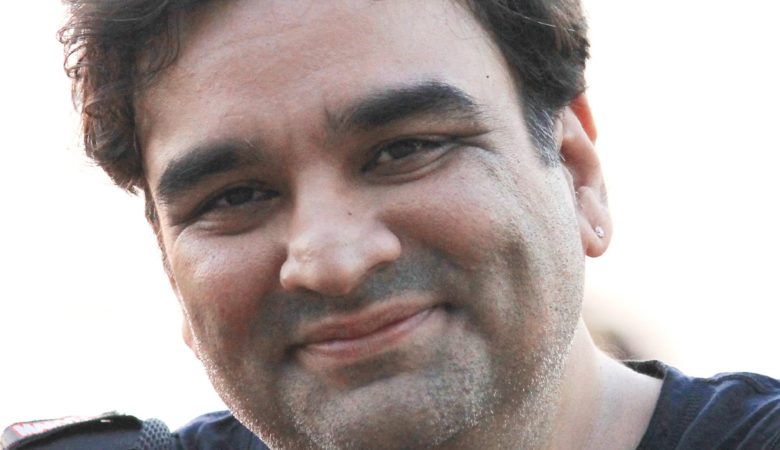
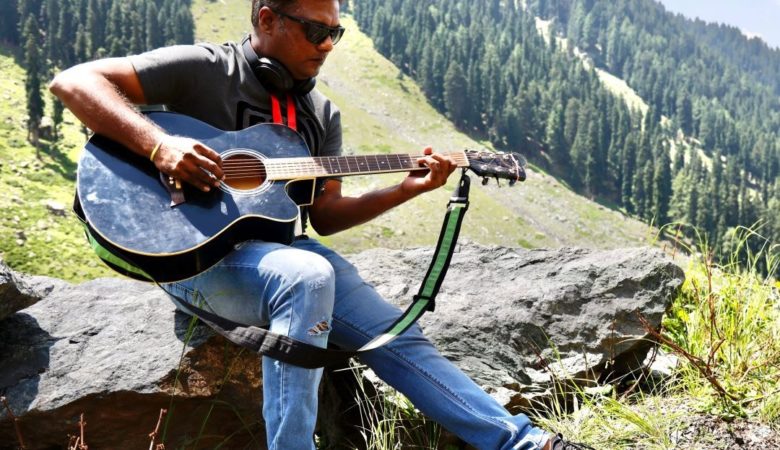
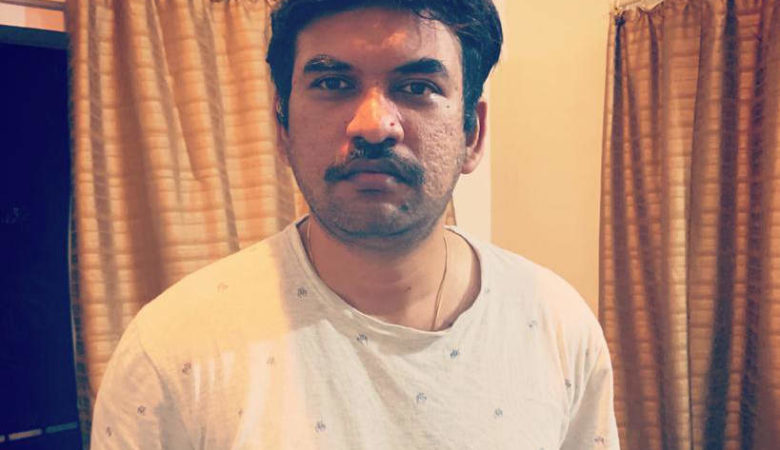

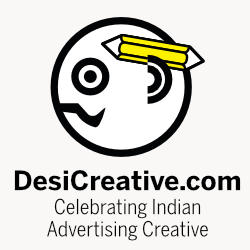
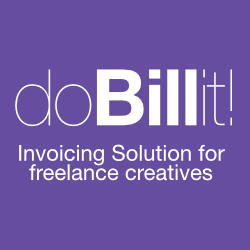
Pingback: Prerna Saigal: Editor - FTII People - FTII People
Pingback: In conversation with Antara Lahiri - FTII People
Pingback: FTIIPeople : Discovering FTII Alumnus